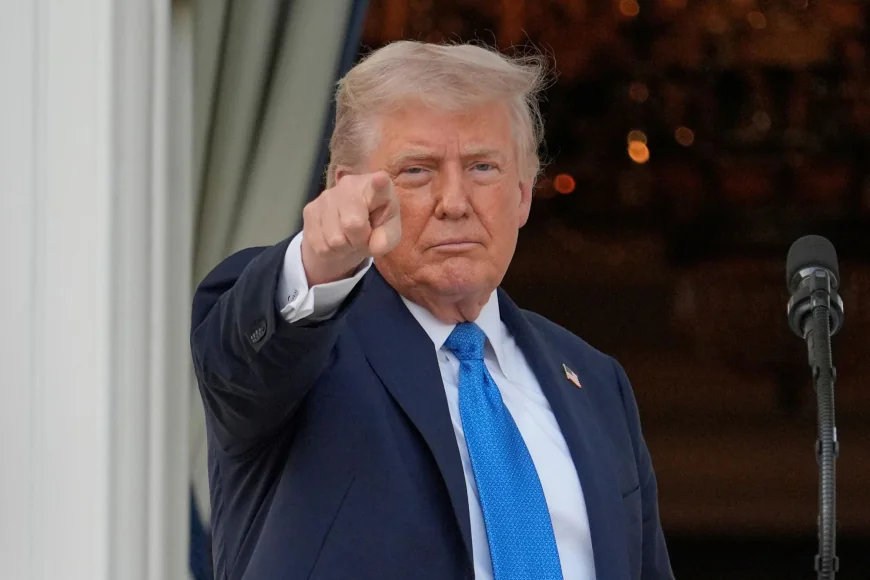Trump Signs 2025 Travel Ban Affecting 12 Nations Over Security Concerns
President Trump has signed a new travel ban effective June 9, 2025, restricting entry from 12 countries due to national security concerns. Learn the countries affected, the rationale, and key exemptions.

On June 4, 2025, President Donald Trump signed a presidential proclamation establishing a new travel ban aimed at enhancing national security. The policy restricts entry into the United States for nationals from 12 specific countries and takes effect at 12:01 a.m. on Monday, June 9, 2025.
Countries Affected by the Full Travel Ban
The following countries are subject to a full travel ban, meaning that citizens from these nations are prohibited from entering the United States:
-
Afghanistan
-
Burma (Myanmar)
-
Chad
-
Republic of the Congo
-
Equatorial Guinea
-
Eritrea
-
Haiti
-
Iran
-
Libya
-
Somalia
-
Sudan
-
Yemen
Countries Facing Partial Restrictions
In addition, partial restrictions have been placed on travelers from seven other countries:
Burundi, Cuba, Laos, Sierra Leone, Togo, Turkmenistan, and Venezuela.
These may involve limits on specific visa categories or enhanced vetting procedures.
Rationale Behind the Ban
According to the Trump administration, the ban is intended to mitigate risks related to terrorism, intelligence-sharing deficiencies, and visa overstays. The administration referenced a recent violent incident in Boulder, Colorado—allegedly involving an undocumented individual—as one reason for reinforcing immigration controls.
Exemptions and Exceptions
Certain individuals will be exempt from the ban, including:
-
Lawful permanent residents (green card holders)
-
Individuals with valid visas issued prior to June 9, 2025
-
Dual nationals traveling with a passport from a non-restricted country
-
People with close family ties in the U.S.
-
Athletes and coaches participating in international sporting events
-
Refugees who have already been granted asylum
-
Afghan allies of the United States
-
Persecuted religious minorities from Iran
Meet The $100M Man: Jim Anderson of Coherent Named Highest-Paid CEO in America for 2024
Reactions and Implications
The announcement has sparked criticism from civil rights groups and immigration advocates, who argue that the ban targets vulnerable populations escaping conflict and persecution. Analysts have also raised concerns about the list of countries, pointing to the omission of others with recent ties to violent extremism.
Some affected governments have expressed opposition, while others have signaled a willingness to improve security cooperation with the U.S. to have the restrictions lifted.
This policy reflects a continuation of President Trump’s hardline approach to immigration, echoing the controversial 2017 travel ban that faced legal hurdles and public protests. As the June 9 implementation date nears, global responses and legal challenges are expected to intensify.


